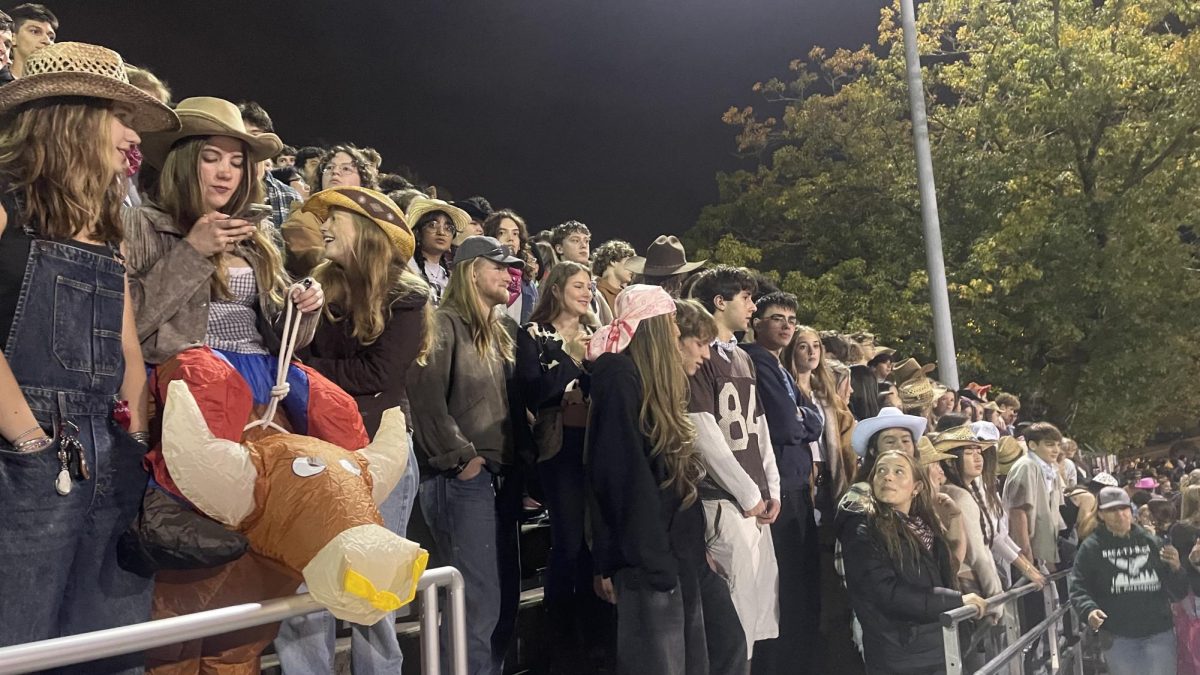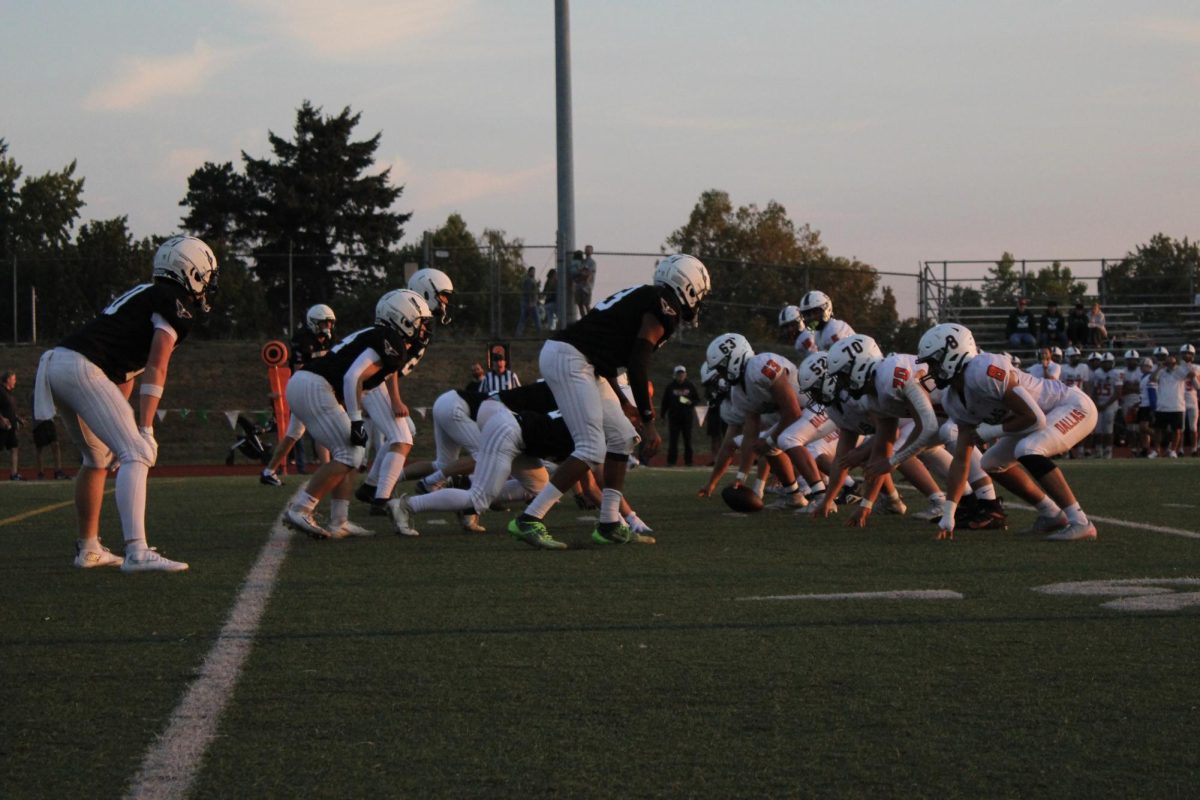On April 9, 2024, the National Association of Intercollegiate Athletics (NAIA) proclaimed a new policy that bans transgender people from participating in college women’s sports at colleges. More specifically this will affect 241 small member colleges and universities which are governed by the NAIA.
In recent years, about half of states have passed laws or orders that restrict or ban trans athletes from competing at U.S. elementary, middle, high school or college sports teams that align with their gender identities.
The policy takes effect on August 1, 2024, and bans trans women athletes who were assigned male at birth (AMAB) from participating on women’s teams at the college level. According to the ban, transgender men and boys who were assigned female at birth (AFAB) and who have not started hormone therapy are still allowed to participate on women’s teams. Any school or institution associated with the NAIA will be required to inform the NAIA office if its team’s transgender AMAB athletes have begun hormone replacement but according to an interview with CNN, the NAIA will “take the necessary steps to provide appropriate privacy protections.” With that said, all athletes who have begun hormone therapy are still allowed to participate in activities such as workouts, practices and team activities. Since competitive cheerleading and dance teams are not divided into gendered teams, they are exempt from these rules and everyone can participate regardless of their identity.
In the past, very similar to the National Collegiate Athletics Association (NCAA), which oversees athletics for more than 1,000 colleges and universities, the NAIA has had transgender athletic policies that allow trans women to compete on women’s sports teams as long as they underwent one year of androgen suppression (testosterone suppression). Following the controversy over trans-University of Pennsylvania swimmer, Lia Thomas who won numerous races and eventually won an NCAA championship. From this, the NCAA adopted an approach that would specify sport-to-sport what determined the eligibility of a trans athlete to compete, by guidelines set by the national or international governing body of each sport.
In response to the NCAA’s policy change, the NAIA created a Transgender Task Force in April 2022, to handle similar situations.
The policy was approved in a 20-0 vote by the NAIA Council of Presidents at its annual convention in Kansas City, Missouri. The NAIA will be the first college sports organization to take such a big step to remove trans athletes and so-called “unfair advantages,” as the organization oversees around 83,000 athletes competing in over 25 different sports.
The University of British Columbia, which is governed by the NAIA, will be one of the most affected schools as it is the largest university in B.C. with over 72,000 students from more than 140 different countries.
“Making decisions based on right-wing misinformation campaigns is NOT good policy – it’s discrimination,” said LGBTQIA+ advocacy group, The Human Rights Campaign in a post on X.
In recent years, trans athletes participating on teams with cisgender teammates has become one of the most controversial conversations regarding trans rights. Many who support the ban argue that these new rules are “necessary” to enforce Title IX – a policy that protects sex-based discrimination in any school or educational program. In this instance, Title IX ensures separate and equal opportunities for females to participate in sports. It has been argued that allowing trans women (AMAB) to compete in women’s sports allows them to have a physical advantage over cisgender women.
“The NAIA understands that legal action being taken to challenge the policy is a possibility, but this policy is one our membership and board felt like was the right decision,” said the NAIA in a statement to The Associated Press.
In December, The Biden Administration planned to release a new federal Title IX law – addressing both college campus sexual assault as well as transgender athletes. On April 26, 2024, Title IX was revised, to increase protections for survivors of sexual assault, pregnant people, and trans students in general. Incidentally, the law purposefully lacks language regarding trans athletes.
“I’m under the opinion of, if you’re a woman, you should play,” said Dawn Staley, the head coach of the South Carolina Gamecock’s women’s basketball team during a pregame news conference. “If you consider yourself a woman and you want to play sports, or vice versa, you should be able to play. That’s my opinion.”















